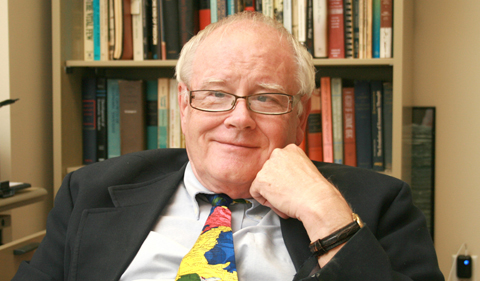Dr. Richard Vedder, Distinguished Professor Emeritus of Economics at Ohio University, wrote a column at Forbes headlined “Why Do We Have Business Or Education Schools In Universities?”
…
The broader question is: should universities be sophisticated trade schools, preparing students for specific vocations? Few today, I think, question the value of collegiate training of engineers or those studying the hard sciences. Why is business or education training any different? One answer: those trained as teachers often do no better or even worse than those with a college degree in a subject matter instead of education, and some prominent business leaders did fine with degrees in history, philosophy, or perhaps a liberal arts-oriented economics degree.
Many, most notably Bryan Caplan (The Case Against Education) note, I think correctly, that a college diploma is primarily a signaling device, not any indication of vast and productive “human capital formation” arising from collegiate learning of practical things. My read of the data on worker earnings suggests that a very large portion of the nation’s stock of human capital is created on the job, not in school. To learn on the job, one needs to be able to reason critically and have a knowledge base aligning worker perceptions with real world realities. I think that a broad liberal arts education may be better in achieving that than one centered on courses in management and marketing. While some accounting and finance training probably is vocationally useful and even necessary for success in those areas of business, I find that less true in other business areas. Maybe Conn is right, and the history of business schools is indeed “sad.”

















Comments